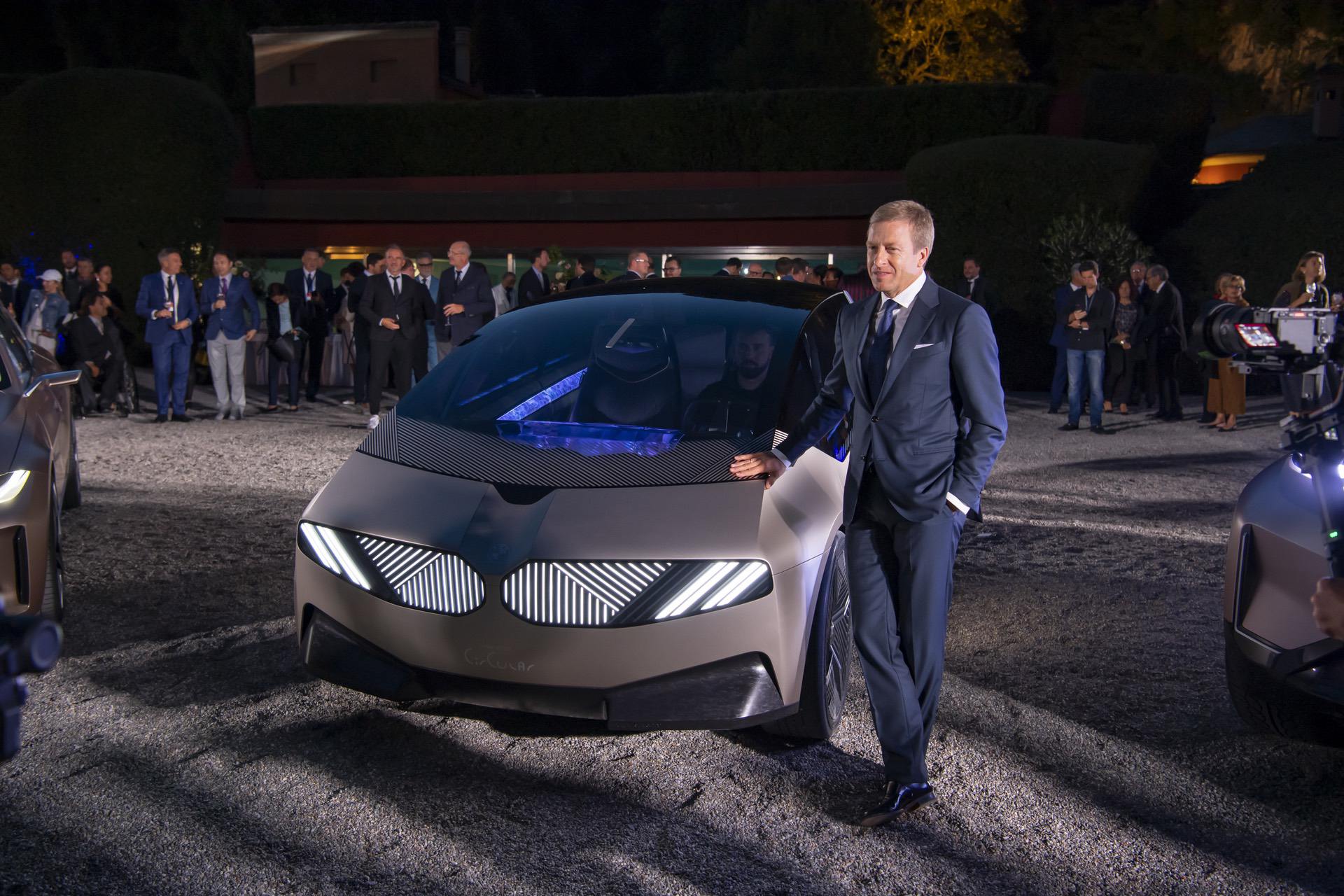Although complete sales numbers for 2024 have yet to be released, we already know BMW had a terrible year in China. Through September, deliveries fell by 13.1% to 523,638 cars. However, despite weaker demand, China was still the company’s largest single market. During the first nine months of the year, BMW shipped only 271,399 cars in the United States. At home in Germany, the number was even lower, at 195,381 units.
With that in mind, it’s no wonder that BMW still considers China its most important customer base. Speaking with news agency Xinhua, CEO Oliver Zipse said China holds “enormous importance.” He went on to praise how electric vehicles have blossomed locally in recent years: “To understand what will move the world of tomorrow, you have to anticipate what is happening in China.”
BMW’s head honcho described China’s gradual shift to New Energy Vehicles as being “result-oriented and free of dogma.” If you’re unfamiliar with NEVs, it’s the term used to describe plug-in hybrids and purely electric cars. In 2024, production of NEVs exceeded 10 million units for the first time ever. Xinhua cites the China Association of Automobile Manufacturers (CAAM), saying as many as 11.5 million NEVs were sold last year.
The 60-year-old executive claims BMW is “at home in China,” where it’s embracing NEVs with massive investments. The first product based on the Neue Klasse platform will go into production locally in 2026. To better cater to Chinese preferences, in charge of the vehicle’s styling will be the Designworks Shanghai Studio.
BMW is spending about $2.7 billion in China at the Shenyang factory to prepare for Neue Klasse production. Another $1.4 billion is going into a battery project at the same site for sixth-generation cells. The identity of the first model has yet to be disclosed, but it’s likely the next iX3. The fully electric luxury crossover will be produced this year in Debrecen, Hungary. From 2027, it will also be made at the San Luis Potosi site in Mexico.
“Our investments underline our long-standing commitment to China and the potential we see here for the future,” Zipse told Xinhua. BMW works with approximately 500 local suppliers in China where most of the cars it makes are sold locally.
Source: Xinhua






































































